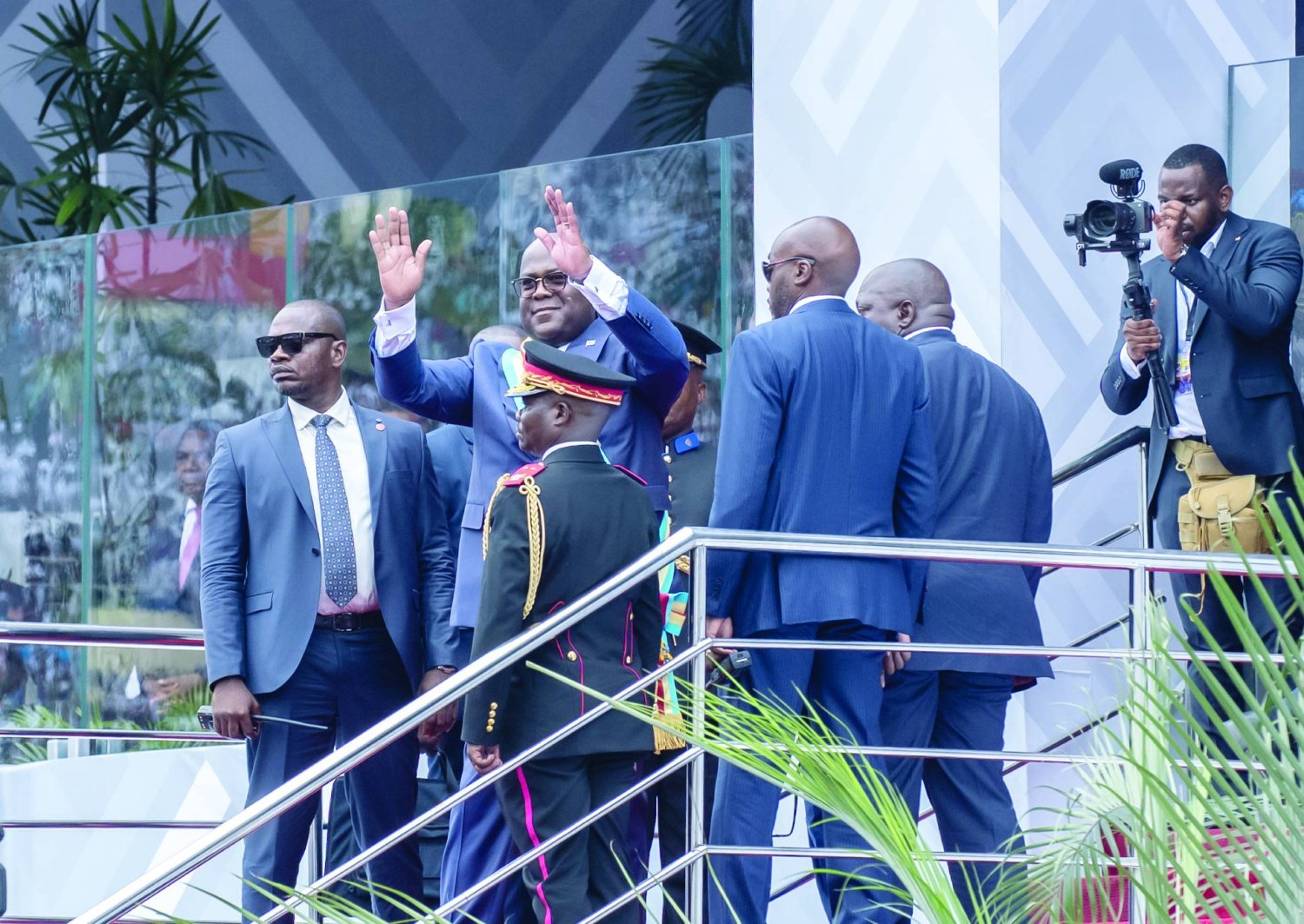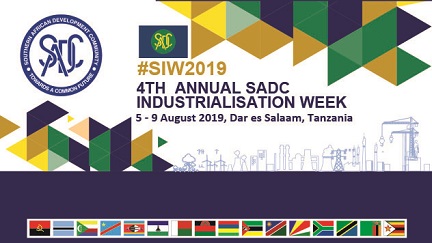Talks are ongoing between the Democratic Republic of Congo (DRC) and Uganda about possible use of the east African country’s planned controversial pipeline for transporting Uganda’s crude to foreign markets when it begins production in 2025.
Uganda is developing the $3.5 billion 1,445-kilometer East African Crude Oil Pipeline (EACOP) that will start from oil fields in its Albertine rift basin on its western border with Congo to Tanzania’s Indian Ocean seaport of Tanga. The controversial pipeline is for transporting Uganda’s crude to international markets when the country starts production in 2025. The DRC’s minister of hydrocarbons and Uganda’s energy minister have recently met for talks focusing on the access to the pipeline, DRC’s Ministry of Hydrocarbons said in a statement.
“Uganda acknowledged the crucial requirement of DRC to access the East African Crude Oil Pipeline (EACOP) for the transport of crude oil to be produced from the oil exploration blocks located in the Albertine Graben in the Democratic Republic of Congo,” the statement read. Both countries share the oil-rich basin of Albertine Graben. Uganda’s energy ministry confirmed the talks and said the EACOP had been designed for potential use by Uganda’s neighbors including Congo and South Sudan.
Meanwhile, in a separate but related development, Uganda announced the signing of a production-sharing agreement (PSA) with a unit of Australian firm DGR Global on Friday (12 May) for exploration of oil in the Albertine Rift basin that straddles the country’s border with the neighboring DRC. Turaco, now controlled by DGR Global, was one of five blocks put up for auction in Uganda’s second licensing round launched in 2019. Uganda discovered commercial hydrocarbon deposits in 2006 and reserves are estimated at 6.5 billion barrels. All the existing development fields are owned by France’s TotalEnergies, China’s CNOOC and Uganda National Oil Company (UNOC).



